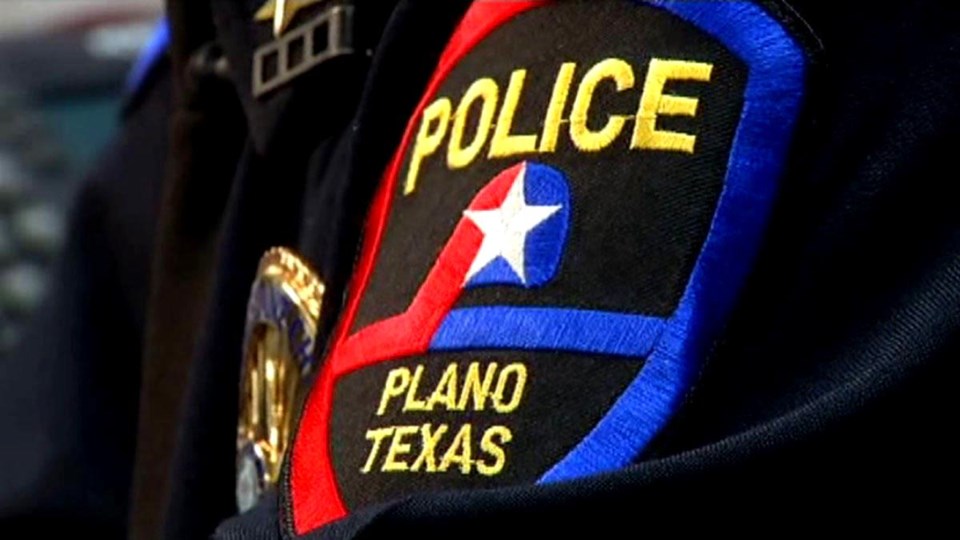Local Profile has partnered with Plano Police‘s crime prevention officer Chris Bianez to bring you important information on safety in Collin County. We will cover a different topic every week.
These may seem scary to talk about; the world can be a scary place. But rather than inciting fear, we want to help you be aware and empowered to make your Safety First.
Money laundering is one of the most underhanded crimes, and certainly one of the most detrimental to one's resources and sense of financial security. It is the process of moving around large sums of money to cover up where it came from (like, say, a casino scheme or drug trafficking).
Usually, an unwitting person may end up being both an unknowing helper and ultimately the victim in these schemes. They are misled into thinking they are doing a helpful task or a beneficial process -- until the bank lets them know, and the person is left with the empty bag and devastating impact.
Just last week, a woman in Plano was arrested for taking part in a money laundering scheme that scammed elderly people out of $4 million via the selling and redemption of thousands of gift cards.
In April, a 30-year-old man in Plano conducted “business email compromise schemes,” and stole money from a non-profit that helps families of terminally ill patients. He also swiped an elderly man’s identity and drained hundreds of thousands from his retirement account.
So how can you keep your money safe from a money laundering scheme? Plano Police Officer Christ Bianez has some tips.
Tip #1: Understand what money laundering is
What these scammers are doing is laundering illegal money that they've obtained someplace else. They're trying to get you to filter it, to change it. The accounts used for money laundering are called funnel accounts. And they're used to move this money that they've illegally obtained, and they use other people to switch it to make it worse appear as legal, like it's just coming out of different funds.
The criminal will have used someone else's information so the check looks good, until that person gets wise and says no I didn't authorize this. So it ends up bouncing, and you're on the hook for it with your bank
Tip #2: Know what money laundering scams might look like
There are many ways that it can be done. Just a few forms that money laundering can take:
- Check overage
- Secret shopper opportunities
- Gift card buying
- An "easy job" that involves moving money
Tip #3: How do you respond?
If it sounds too good to be true, it probably is.
If somebody wants to give you a job where they're sending you money, and then you basically do payroll for them, sending these checks to designated places, you've got to ask: Why would they send this money to you just so you can send the money to someplace else?
Has somebody given you more money than you're supposed to get for an item, and they want you to send money back? Oh, forget that!
Anytime that someone asked you to go get a gift card, you're gonna get scammed. Remember: gift cards are for gifts, not for payments.


![Top 5 Reads Of The Week [June 23-27]](https://www.vmcdn.ca/f/files/localprofile/images/events/downtown-celina-city-of-celina.jpg;w=120;h=80;mode=crop)

